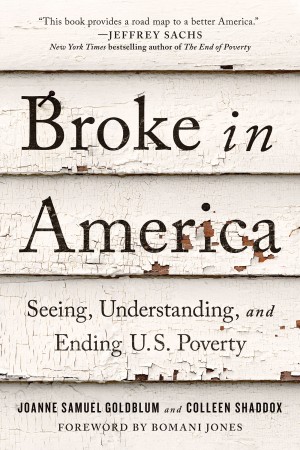An incandescent and heartrending memoir from an astonishing new talent, Beautiful Country puts readers in the shoes of an undocumented child living in poverty in the richest country in the world.
In Chinese, the word for America, Mei Guo, translates directly to “beautiful country.” Yet when seven-year-old Qian arrives in New York City in 1994, she is overwhelmed by crushing fear and scarcity. In China, Qian’s parents were professors; in America, her family is “illegal” and it will require all the determination and small joys they can muster to survive.
Qian’s parents work in Chinatown sweatshops and sushi factories. Instead of laughing at her jokes, they fight constantly. Qian goes to school hungry, where she teaches herself English through library books, her only source of comfort. At home, Qian’s resilient Ma Ma ignores her own pain until she’s unable to stand, too afraid of the cost and attention a hospital visit might bring. And yet, young Qian, now acting as her mother’s nurse, her family’s translator, a student, and a worker, cannot ask for help. The #1 rule in America: to be noticed is to risk losing everything.
Searing and unforgettable, Beautiful Country is an essential American story about a family fracturing under the weight of invisibility, and a girl coming of age in the shadows, who never stops seeking the light.

Nonfiction
Beautiful Country: A Memoir
September 1, 2020
Discussion Questions
Courtesy of Doubleday Books
- Qian had expectations about the US before she arrived. What were they and what surprised her the most? How does that line up with your understanding of the US and your day-to-day view of it?
- How does Qian’s understanding of her race change when she comes to the US? How does her understanding of other races change?
- How is Qian treated at school by her teachers? Why is she treated differently, even within her Chinatown school where most students are Chinese immigrants, and how does it affect her view of herself and her opportunities?
- We are shown a community of immigrants through Qian’s eyes — other people working at the sweatshops, family friends — how do their lives differ from the Wang family’s and how are those differences discussed?
- How does the use of pinyin, phonetic Chinese, feature and shift throughout the book?
- Qian seems to notice class for the first time when she arrives in the US. What are the designations of class that she pays most attention to?
- Books make a huge impact on Qian. Did you read any of these same books when you were younger, or read them with your kids? How did they affect you?
- Qian’s relationship with her mother changes significantly over the course of the book, from their time in China and then over their time in the US. How does it evolve and why do you think it changes the way that it does? Does this remind you of your own relationship with your mother in any way?
- Personal space is discussed often in the book, both as a need and a signifier of class. Qian has her own room for the first time at Lin Ah Yi’s. Why is it so meaningful to her and what does it allow her?
- One of the few connections Qian makes is with her cat, Marilyn. How does her special connection with this animal help her cope with her difficult family situation? What did your pets mean to you as a child, and how might this be different from your experience with pets as an adult?
- What do you make of the narrator’s voice and perspective? How does it change as Qian grows older over the course of the book?
- Has this book changed your understanding or opinion of what it means to be a citizen or to be undocumented?
- The family has a perpetual fear of being noticed for their immigration status — at school, at work, at the hospital — how does this affect their quality of life and what would being noticed have meant for them? How does it affect Qian, specifically, as a young girl growing up? What did being noticed mean to you when you were younger?

Jewish literature inspires, enriches, and educates the community.
Help support the Jewish Book Council.


